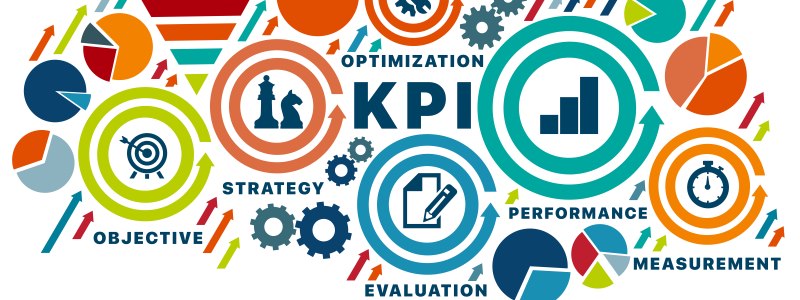5 most important procurement KPI’s for 2023
Procurement Key Performance Indicators (KPIs) are metrics used to measure the performance and effectiveness of an organization’s procurement activities. These metrics can include things like cost savings, spending, and supplier performance.
Organisations need to pay close attention to procurement KPIs because they can provide valuable insights into the effectiveness of their procurement activities, and help identify areas for improvement.
By tracking and measuring procurement KPIs, businesses can ensure that they are getting the best value for money while maintaining reliable sources of goods and services, and operating ethically and legally.
Procurement KPIs can also help businesses –
- Align procurement activities with overall business goals and strategies.
- Improve supplier relationships and negotiate better deals with suppliers.
- Reduce procurement costs and increase operational efficiency.
- Identify and mitigate procurement risks.
- Ensure compliance with internal policies and external regulations.
Which procurement KPIs will be most important in 2023?
As 2023 gets underway and companies are focused on shortening lead times and reducing expenditure, it is likely that KPIs will be largely based on cost and performance. For procurement activities, this may mean placing high importance on the following areas –
1. Cost Savings
Cost savings is a key performance indicator (KPI) that measures the amount of money saved through procurement activities such as negotiations with suppliers, use of strategic sourcing, and cost reduction initiatives. It is used to measure the effectiveness of procurement efforts and ensure that the organization is getting the best value for its money. To calculate cost savings, businesses typically compare the cost of goods or services before and after procurement activities. Cost savings can be measured in different ways, depending on the specific needs of the business including absolute cost, relative cost, and target cost.
Supplier performance
Supplier performance measures the quality and reliability of suppliers, including on-time delivery, product quality, and responsiveness to customer needs. This KPI is important for procurement businesses because it helps to ensure that the organization has a reliable source of goods and services and that suppliers are meeting the organization’s expectations. To measure supplier performance, businesses typically use a combination of quantitative and qualitative metrics including on-time delivery, order fulfillment, and rate of returns.
3. Lead Time
This KPI measures the time it takes for an organization to receive goods or services from a supplier. Short lead times are important for ensuring that the organization can meet customer demand and maintain high levels of inventory. To measure lead time, businesses typically track the time from when an order is placed to when it is received. This can be done on a per-order basis, or as an average across all orders.
4. Spend Under Management
As organizational expenditure will be an area of high focus for many organisations this year it is likely that the Spend Under Management KPI will be a key performance indicator for 2023. To calculate spend under management, businesses typically compare the total amount of money spent on goods and services to the total amount of money that is managed through the procurement process. This can include things like purchase orders, contracts, and invoices.
5. Compliance
Compliance is a key performance indicator (KPI) that measures the degree to which procurement activities comply with internal policies and external regulations. This KPI is important for procurement businesses because it helps to ensure that the organization is operating ethically and legally and that it is not at risk of penalties or fines. To effectively measure compliance efforts, businesses typically track compliance-related activities and adherence to policies. This may include complying with procedures, and regulatory requirements, along with monitoring audits and inspection results or compliance-related incidents.
To find out how i2B can help you please complete the form below and a member of the team will get in touch.

